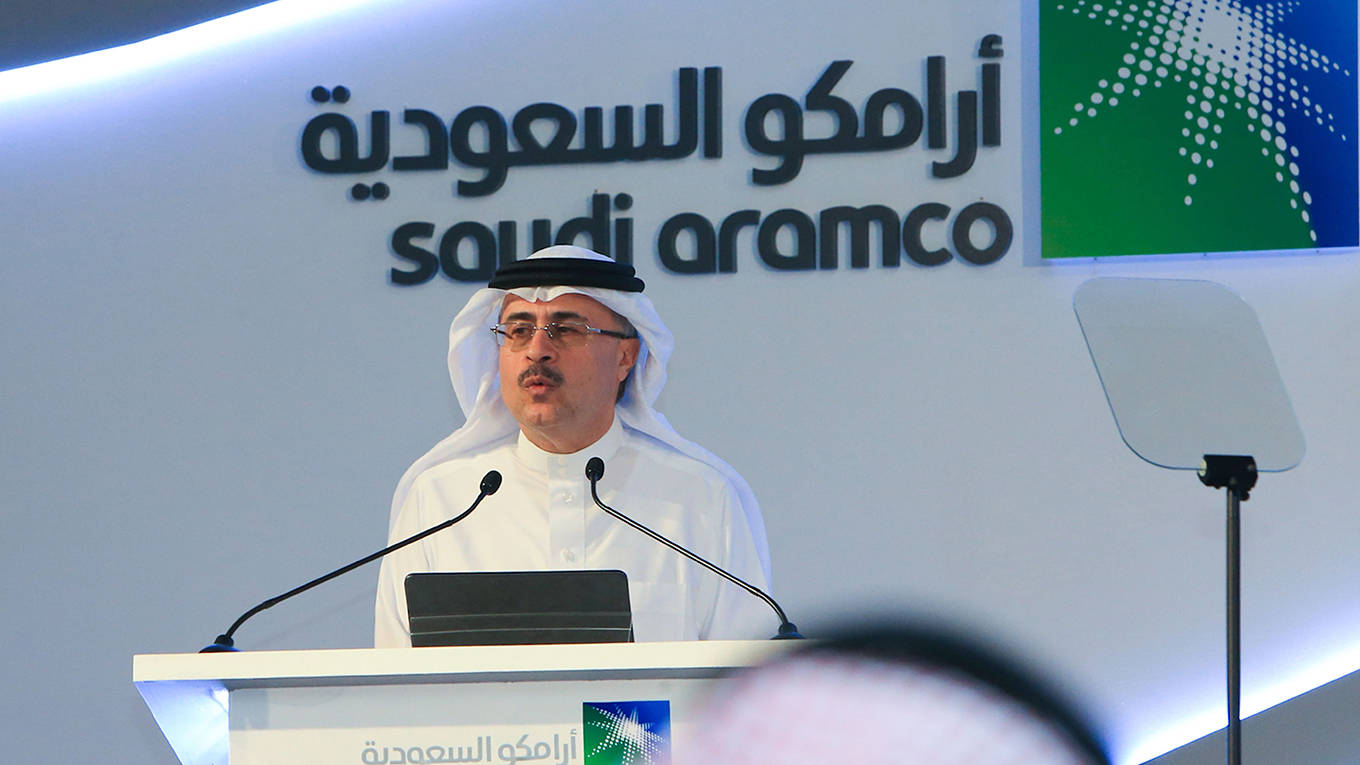Mar 23, 2020 Bernard Haykel
j. von Hettlingen Mar 29, 2020

PRINCENTON.- Bernard Haykel explains why Saudi Arabia decided on March 7 to step up its oil output starting from next month. Amid the spread of COVID-19 that is stalling the global oil demand, the Saudi decision wiped billions of dollars from the market value of the industry’s biggest companies after oil markets recorded one of the biggest price slumps in history. Apparently there is a “radical” strategy behind the Saudi decision to flood global markets and depress oil prices.
Saudi Arabia’s de facto ruler, Crown Prince Mohammed bin Salman (MBS) had hoped to avert an oil market crash by reducing oil output in line with falling demand. But talks with Russia collapsed a day earlier, after Moscow refused to join a production cut proposed by the Saudi-led Opec. Riyadh’s plans to ramp up oil production and sell it to key customers at a discount is a move seen as an effort to assert its dominance in the oil market.
The author dismisses rumours that Saudi Arabia and Russia might be “colluding” to inflict maximum pain on the US shale industry. There is “little trust” between MBS and Putin, “who has not forgotten that Saudi Arabia’s oil-market machinations in the 1980s may have played a role in the collapse of the Soviet Union. Moreover, Saudi Arabia already tried and failed to take on the shale industry in 2014-2016, when it badly underestimated US shale producers’ technical competence and ability to operate at low prices.”
The Saudis – according to the author – have acknowledged the sign of the times and that climate change is behind the “global push” toward clean, renewable energy. Gaining market dominance may be a “short-term tactical win,” but MBS has some “longer-term development goals” in mind . Time is not on his side. He has may be just a few decades “to extract maximum value” from its oil. Saudi Arabia has “well over 50 years’ worth of recoverable reserves; most of that will become a stranded asset if it is not produced more quickly.”
Initially the Kingdom will “face serious technical and financial hurdles in pursuit of its new, highly ambitious production targets.” The problem can be resolved, because the Saudi Aramco is one of the world’s “most technologically advanced and technically competent oil companies.” The author points out that Saudi oil has “multiple comparative advantages” over that of other global rivals, and therefore is “perfectly placed to hold a privileged position in the global clean-energy transition.”
Besides, Saudi oil is “cheaper to extract and transport than many other reserves.” Compared to the destructive tar sands operations in Canada, and the planet-heating emissions in Russia’s oil and gas sector, Saudi oil is no doubt “cleaner.” Last December the Saudi oil company, Aramco hit the $2 trillion target with its initial public offering, allowing MBS to make it the centrepiece of his vision of diversifying the Kingdom’s economy – a strategy to monetise the “upfront value of its oil reserves.”
The author says, the Saudi “policy shift should give pause to American politicians who boast” that they have gained “energy independence” through shale oil. He fears that in “an all-out war for market share, US, Canadian, Russian, and other oil producers will have a hard time competing with the Gulf, given its lower costs and other competitive advantages.”
No one knows how long Saudi Arabia can “maintain this strategy before the new low-price environment drains its own coffers. A back-of-the-envelope calculation suggests that it can hold out for two years.”
Indeed, the Saudi move could be another short-sighted action by an impetuous MBS, who “may be gambling that he can outlast the competition. But given the structural features of the oil market and the world’s inevitable transition to renewables, he probably sees no other alternative. OPEC quotas and production agreements with the Russians have not delivered the results he needs. Whether the new policy can produce more tangible benefits remains to be seen.”
As oil companies face an uncertain year after the outbreak of the coronavirus across the globe, which has wiped out oil growth forecasts for the year and will cause oil demand to contract, even Aramco will feel the pain as much as the others. As head of a rentier state, MBS relies heavily on oil revenues to appease citizens and maintain internal stability.
https://www.project-syndicate.org/commentary/saudi-arabia-oil-production-mbs-new-strategy-by-bernard-haykel-2020-03/spanish
Nota .- La página web, permite una traducción del artículo en cuestión.